When we hear the phrase “king of the jungle,” many people immediately think of the lion. However, lions do not actually inhabit jungles and this title is more myth than fact. Instead, lions rule the African savannas, a vastly different ecosystem than the dense, tangled jungles that other big cats like tigers call home.
Understanding the Lion’s Habitat
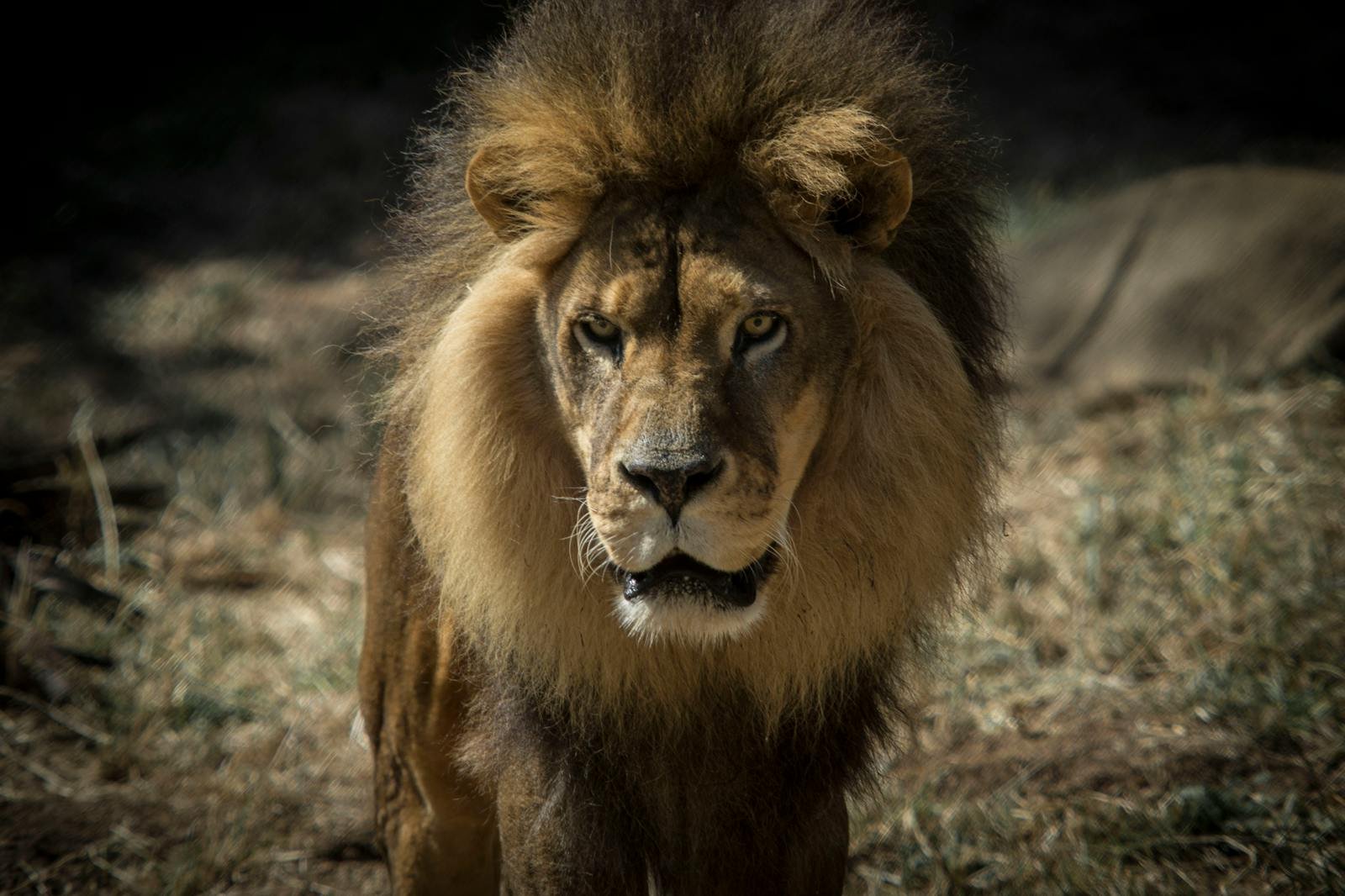
Lions primarily roam the grasslands and savannas of Africa, with a small population residing in the Gir Forest of India. These open plains provide a perfect environment for lions’ hunting strategies, which rely on visibility and space for chasing down prey. The geographical misconception of lions living in jungles likely arises from historical inaccuracies and a desire to romanticize their majesty.
The Hierarchical Structure of a Pride
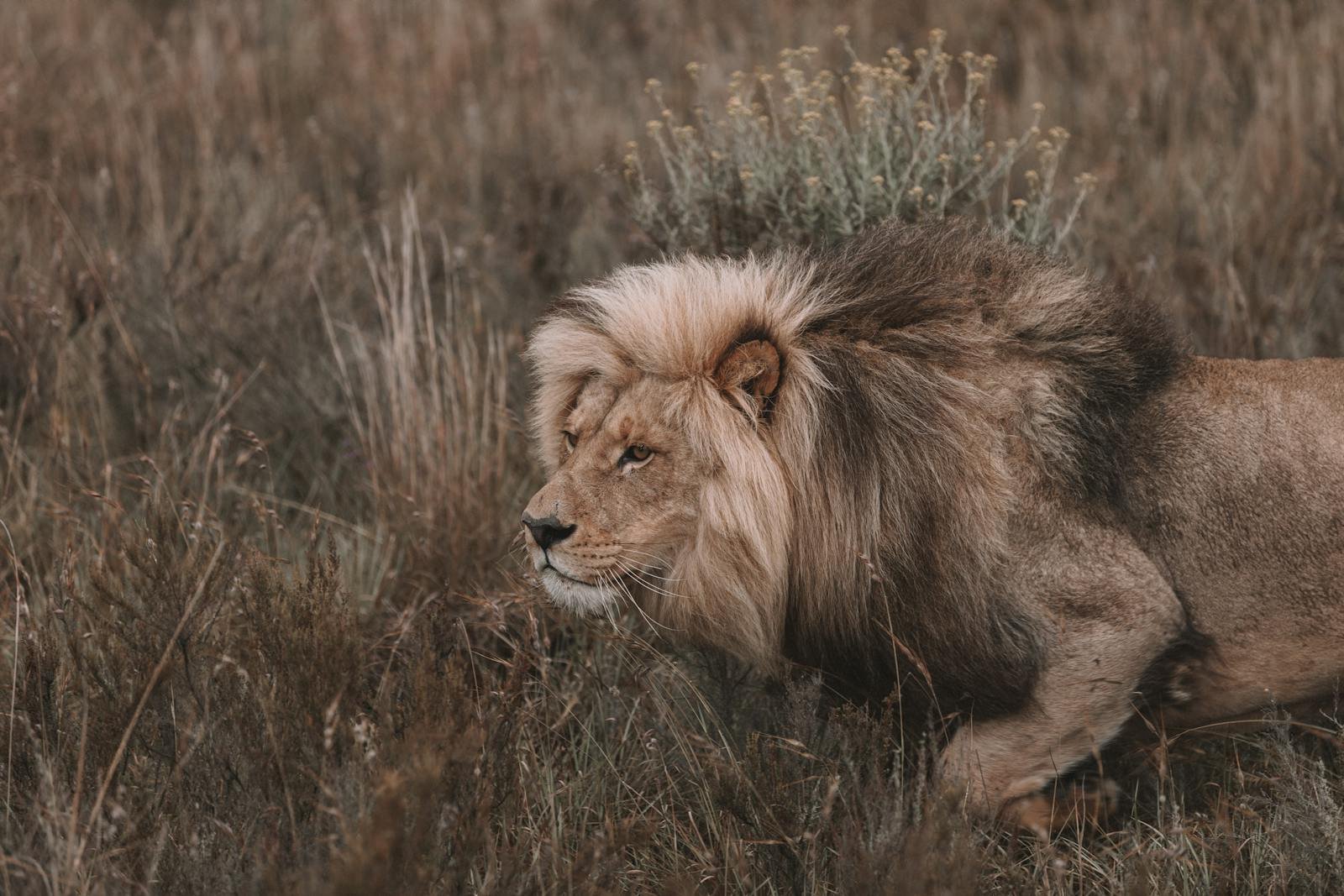
Lions are unique among big cats in their social structure, living in groups known as prides. A typical pride consists of several related females, their offspring, and a few adult males. This social dynamic is a key factor in their hunting and reproductive success, and one could argue it’s what truly crowns them as rulers of their domain.
Hunting Strategies and Dietary Needs
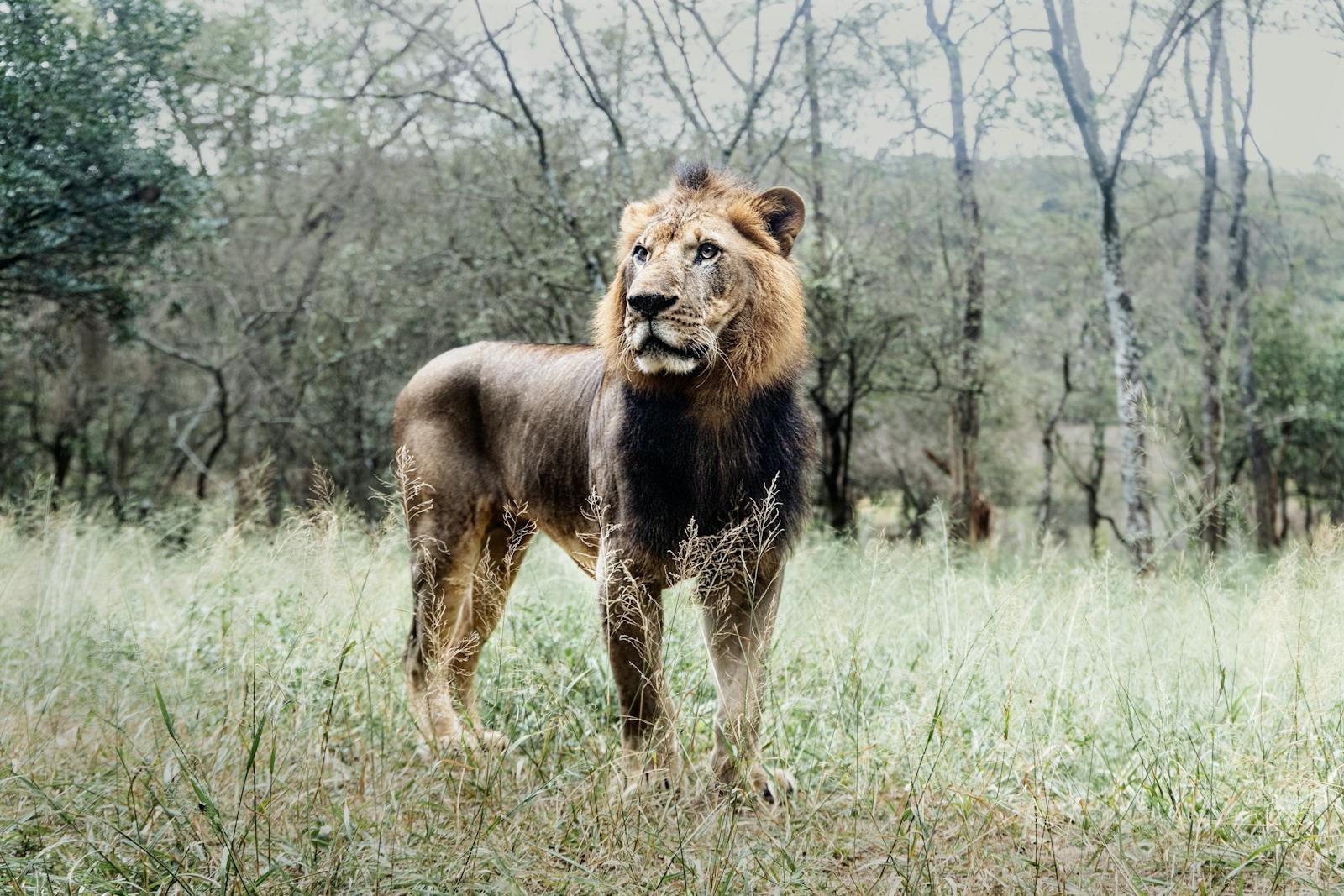
Lions are apex predators and have evolved sophisticated hunting techniques to catch their prey, which includes antelopes, zebras, and wildebeests. Female lions do most of the hunting, working collaboratively to encircle and ambush targets. The male lions, although less involved in hunting, play a crucial role in protecting the pride’s territory and resources.
The Role of Male Lions in a Pride
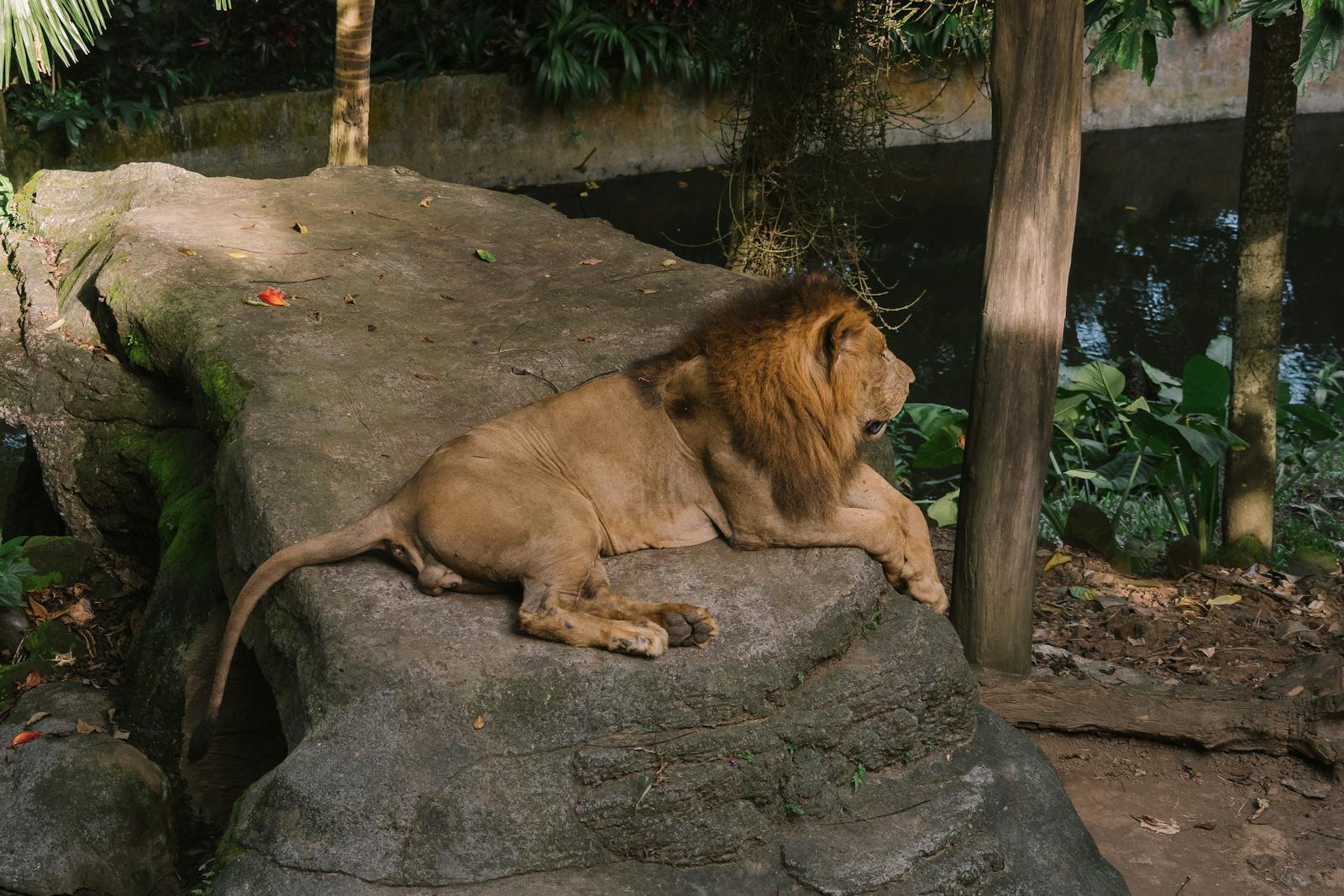
Male lions are often perceived as lazy because they do not participate as actively in hunting. However, their primary role is to guard the pride from external threats, including other male lions who might attempt to overthrow them and take over the pride. Holding dominance within a territory is what helps maintain the family structure and provides security for their offspring.
Lions and Their Impact on Ecosystems
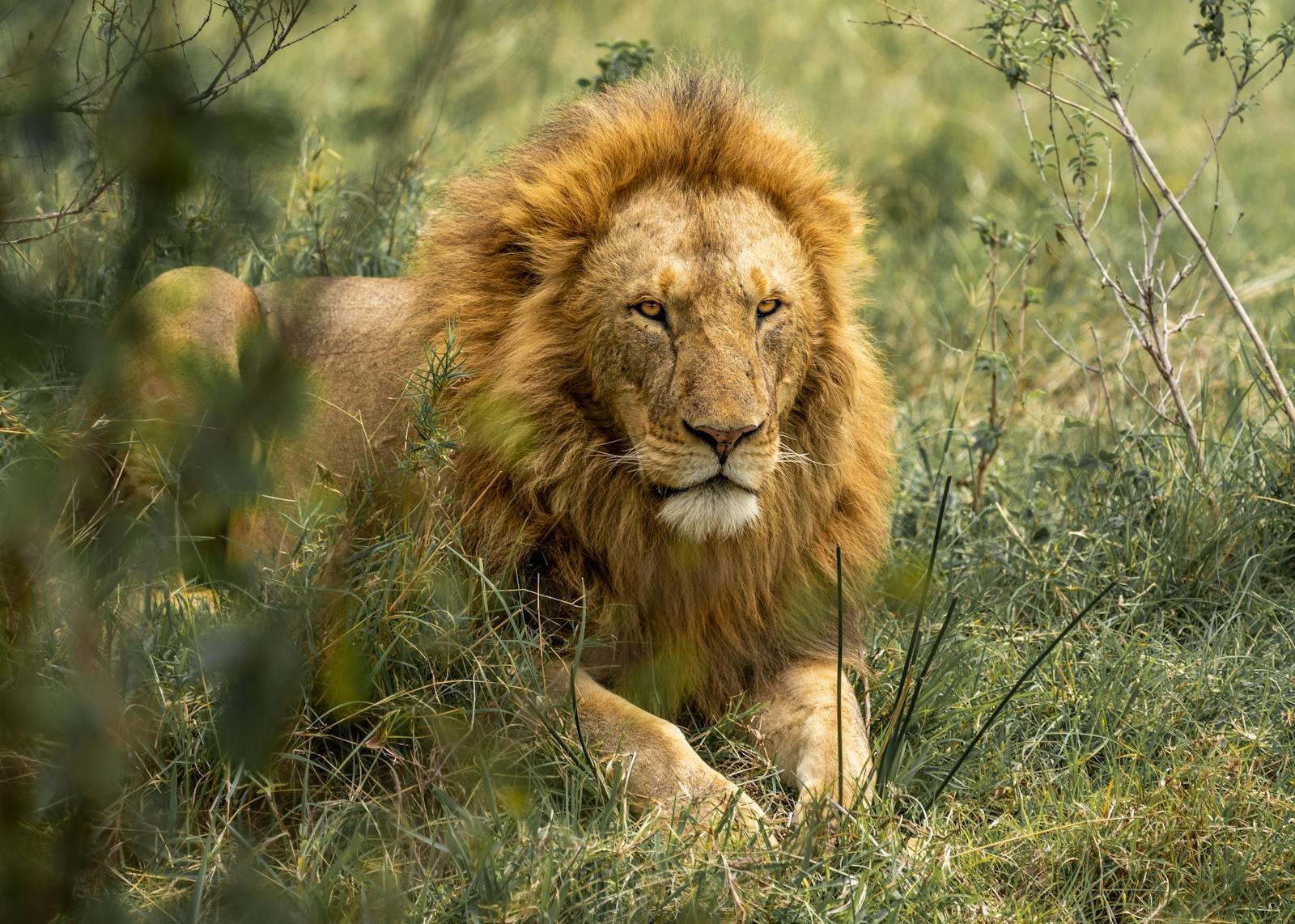
As top predators, lions have a critical ecological role that goes beyond their immediate survival needs. Their predation patterns help regulate the populations of other animals, indirectly maintaining the balance of the ecosystem. Without lions, there could be unchecked populations of certain herbivores, potentially leading to overgrazing and habitat destruction.
Lion Conservations and Threats
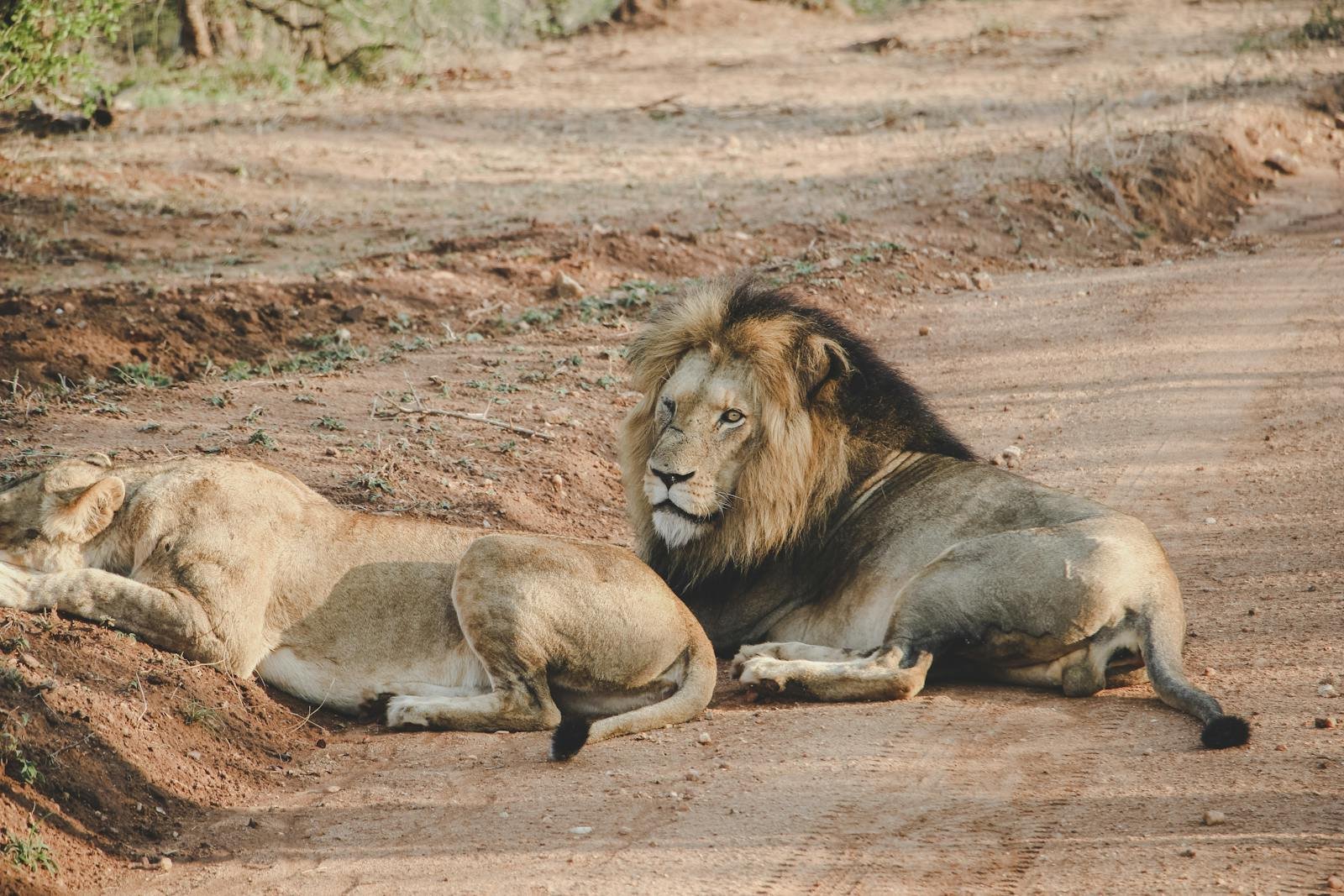
Lion populations have faced severe declines due to habitat loss, conflict with humans, and poaching. Conservation efforts are crucial for their survival, as they are now classified as vulnerable by the International Union for Conservation of Nature (IUCN). Protected reserves and anti-poaching programs are some of the measures being implemented to combat these threats.
Comparing Lions with Other Big Cats
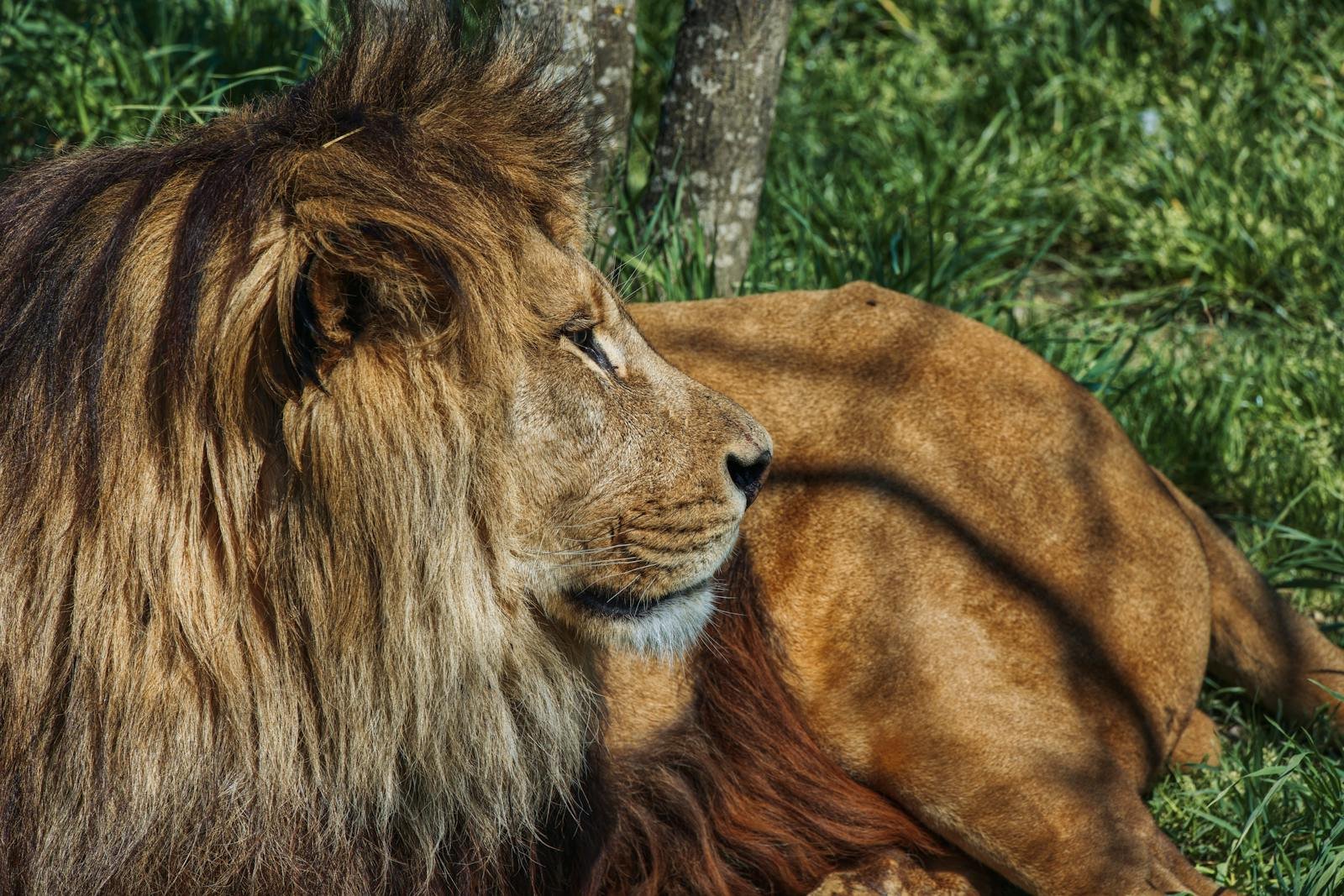
While lions are referred to as the kings of the animal kingdom, other big cats, such as tigers, could rival them in various aspects. For instance, tigers are solitary hunters with a larger individual territory compared to the social structures of lion prides. Jaguars, on the other hand, rule the rainforests of South America, stoking the debate on which big cat truly embodies the might and majesty sometimes attributed to lions.
Human Perception and Cultural Symbolism
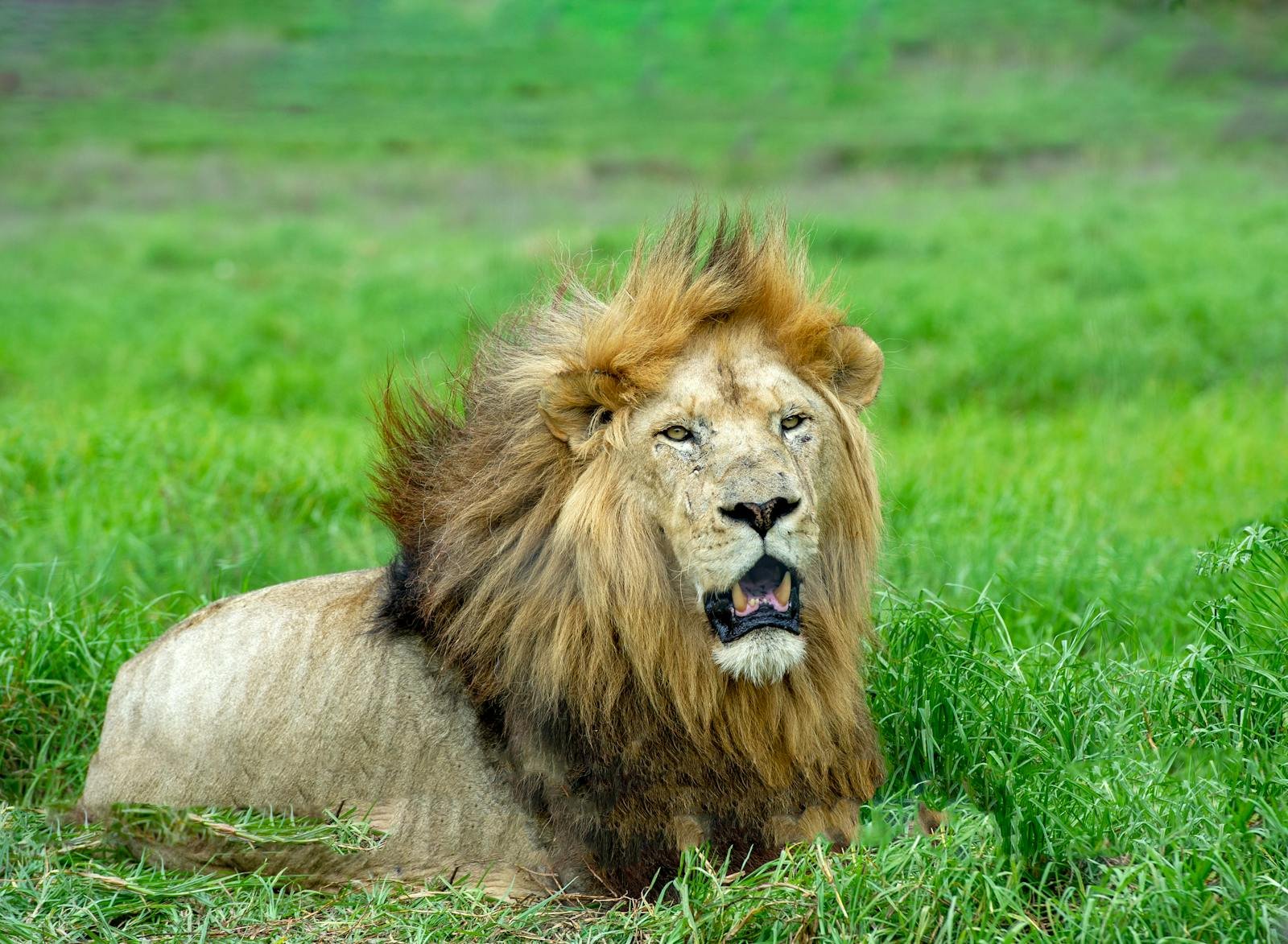
The image of the lion as king is strongly rooted in cultural representations across various societies. In ancient Egypt, lions were associated with royalty and deities. Western heraldry often features lions as symbols of bravery and nobility. This cultural symbolism has perpetuated the notion of lions as supreme rulers of their realm.
Conclusion: A Complex Monarchy in Nature
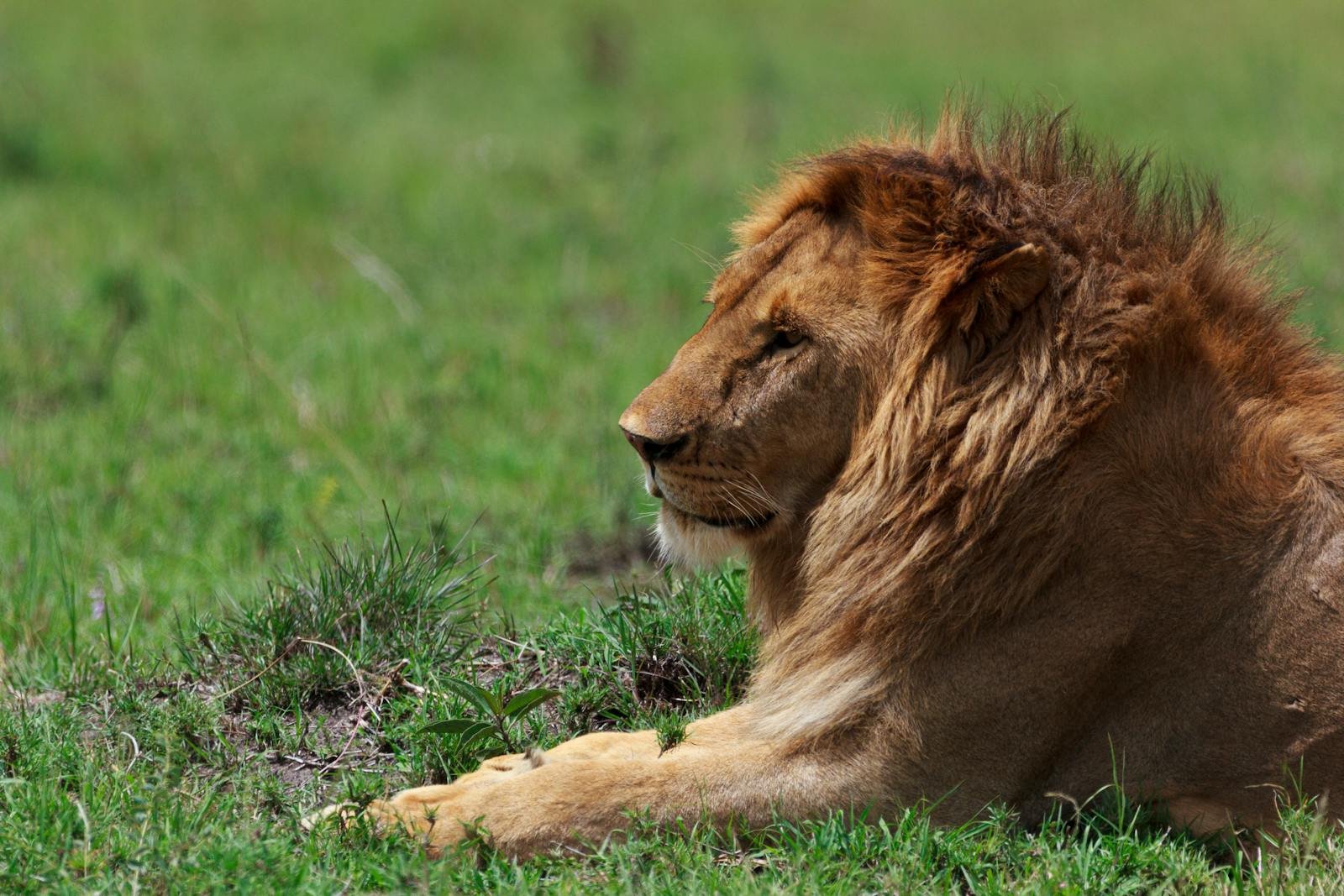
While lions are not kings of the jungle, their dominance in the plains and their ecological significance justify their regal reputation to some extent. Their role as apex predators, social structures, and cultural symbolism collectively position them as influential figures in both the animal kingdom and human consciousness. Understanding these aspects underscores the importance of preserving these magnificent creatures and the ecosystems they inhabit.
Hi, I’m Bola, a passionate writer and creative strategist with a knack for crafting compelling content that educates, inspires, and connects. Over the years, I’ve honed my skills across various writing fields, including content creation, copywriting, online course development, and video scriptwriting.
When I’m not at my desk, you’ll find me exploring new ideas, reading books, or brainstorming creative ways to solve challenges. I believe that words have the power to transform, and I’m here to help you leverage that power for success.
Thanks for stopping by, Keep coming to this website to checkout new articles form me. You’d always love it!






